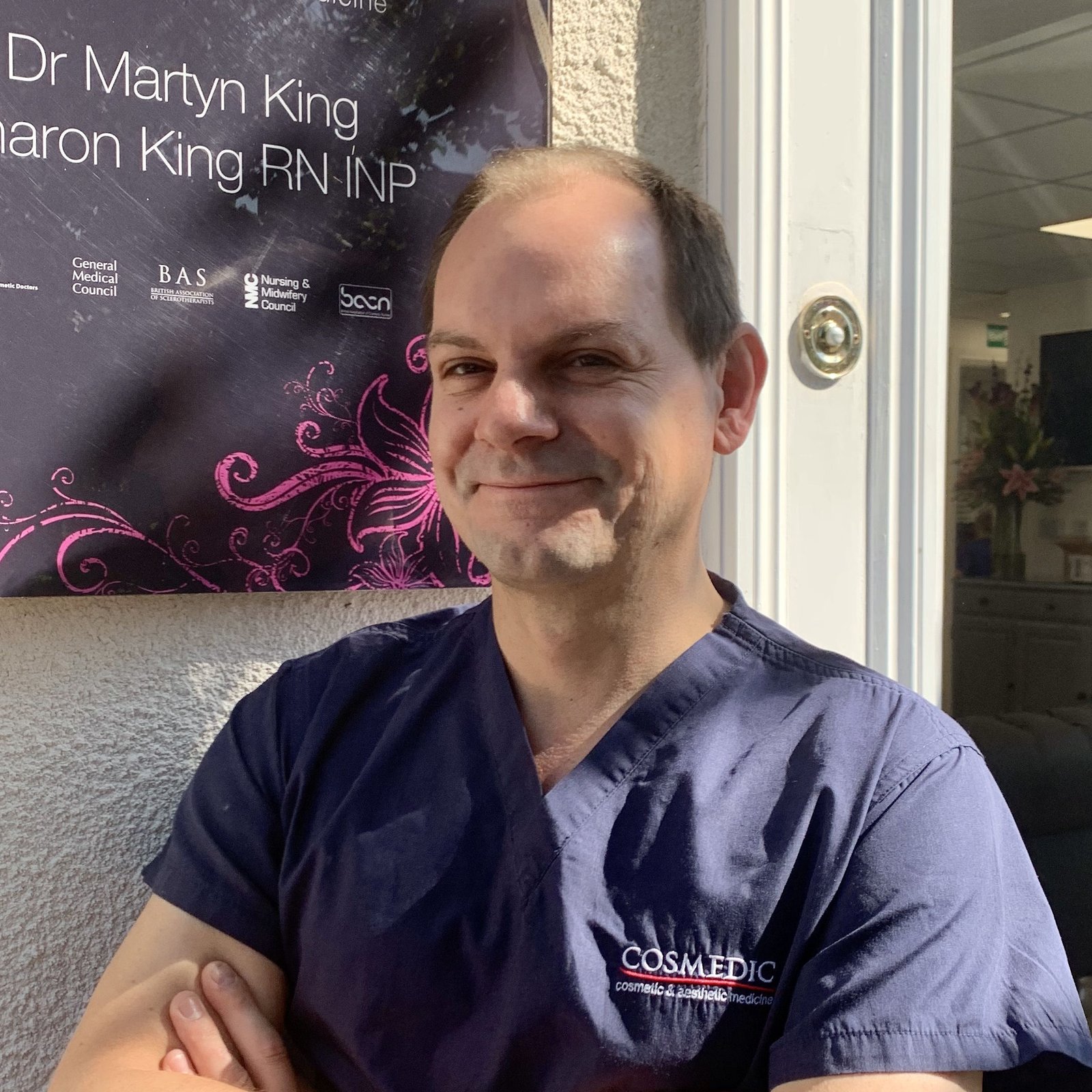
Understanding Retinol
Starting your Retinol Journey? Retinol is a powerful skincare ingredient that has been clinically proven to improve the appearance of fine lines, wrinkles, and hyperpigmentation.
Although ageing of the skin is inevitable as we get older, there are certain things that we can do and to avoid to slow this process down. There are also products and treatments that can help combat the skin changes associated with ageing.
Intrinsic ageing is mostly due to genetics and relates to the biological changes that occur in our bodies with age. The skin becomes thinner, skin turnover slows down and the number of pigment cells falls resulting in a thinner, paler, more translucent complexion. Production of collagen and elastin is also reduced so the skin is less resilient and becomes more leathery or weather-beaten. Finally, oil production from the sebaceous glands diminishes leading to a drier, more irritable skin. Intrinsic ageing tends to become noticeable at around the time of the menopause in women, when oestrogen levels start to fall, although in men, this may occur decades later due to the thicker skin and less hormone dependent.
Extrinsic factors can produce premature ageing of the skin and are caused by external sources that may be modified or avoided to slow the changes that can occur in the skin. Sunlight exposure, environment, lifestyle, diet, exercise, hydration, smoking, alcohol, stress, obesity and skincare can all have positive and negative effects on skin ageing.

Avoid sun exposure as much as possible and cover up when outside with appropriate clothing and a wide-brimmed hat, seeking shade where possible and using a broad spectrum high-factor sun protectant which has been adequately applied and re-applied at intervals correlating to exposure.
Avoid sunbeds and tanning at all times – not only does this lead to premature ageing of the skin, it is also a trigger for skin cancers. There are many self-tanning products on the market available which are far safer and can lead to a healthy-looking complexion. There are tinted sun-protectants which are ideal for this purpose.
Eat healthy foods containing a rich source of vitamins and antioxidants and avoid high sugar foods which can lead to glycation. This is when excess sugar becomes bound to the collagen fibres in the skin resulting in poor skin structure and the development of lines and wrinkles.
Remain well hydrated and ensure that you have 2 litres of water a day. Dehydrated skin cannot function properly and has a dull appearance and more prone to skin problems.
As well as leading to dehydration, alcohol has further detrimental actions on the skin which can lead to premature ageing.
It is well documented the negative effects smoking has on the body and the skin is no exception. Smoking leads to an unhealthy skin, unable to repair itself and ultimately lines, wrinkles and ageing.
Ensure the skin is cleansed properly with an appropriate product for your skin type to remove impurities, makeup, pollution and other chemicals which can aggravate and damage the skin.
Do your research or speak to a skincare expert to select products suitable for your skin that will provide maximum benefit and reduce the signs of ageing.
Repeated contraction of facial muscles, such as squinting in the sun, can lead to lines and wrinkles appearing. Try to keep expressions to a minimum or consider treatment to reduce muscle action.
No products were found for this query.
There are a vast number of non-surgical cosmetic procedures whose aim is to provide a more youthful appearance, common treatments include:

Starting your Retinol Journey? Retinol is a powerful skincare ingredient that has been clinically proven to improve the appearance of fine lines, wrinkles, and hyperpigmentation.

Skincare Benefits of Vitamin C Vitamin C is one of the best anti-ageing ingredients that can be delivered through serums and topical skincare products to